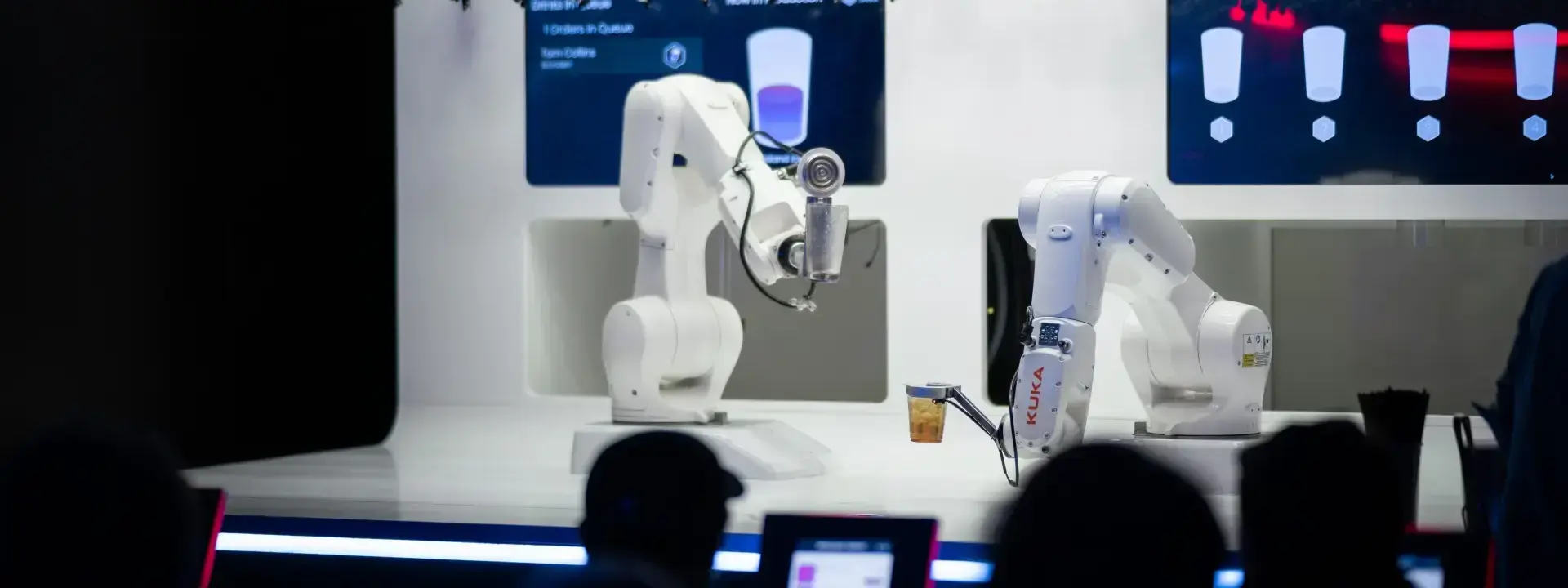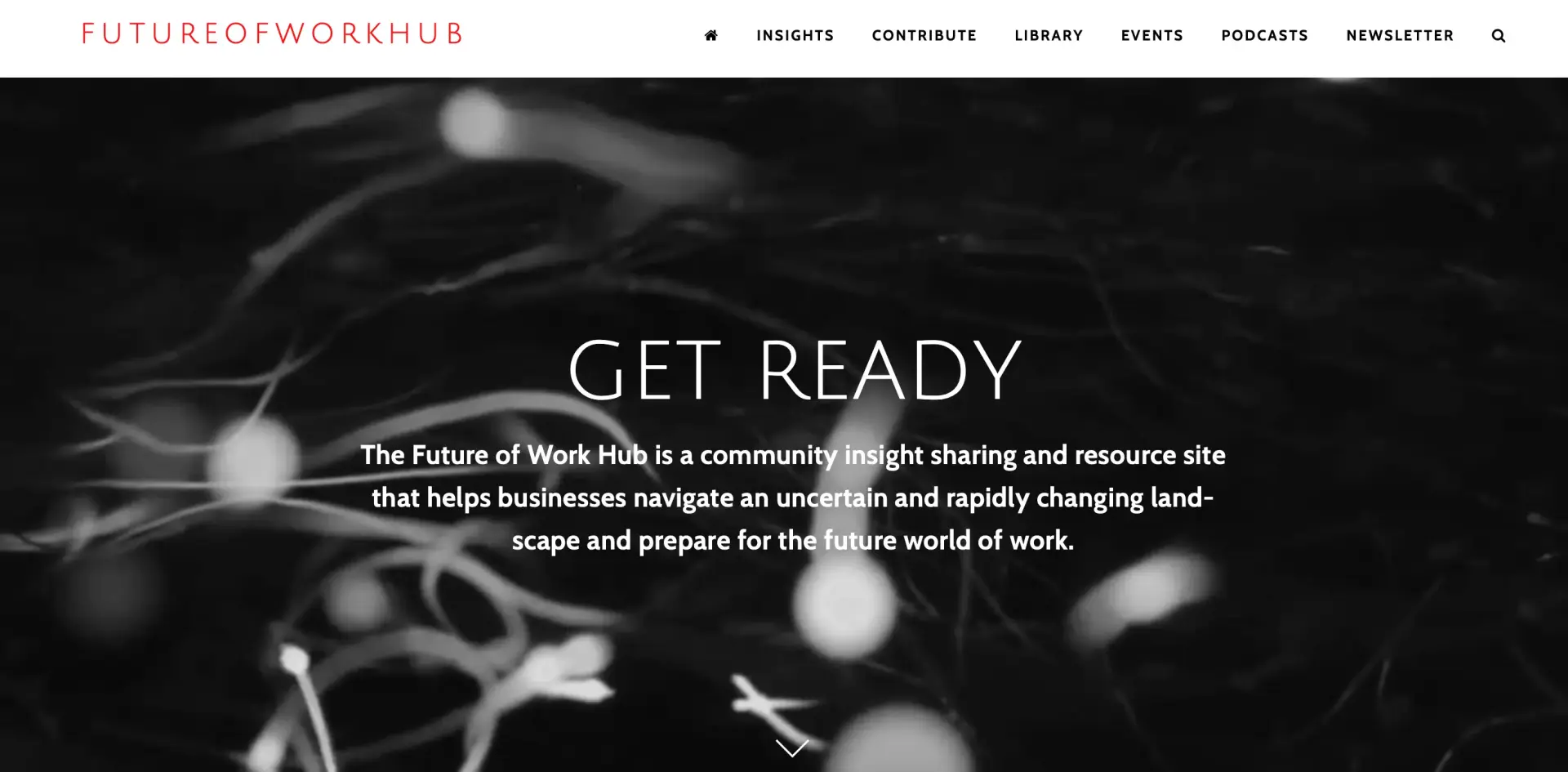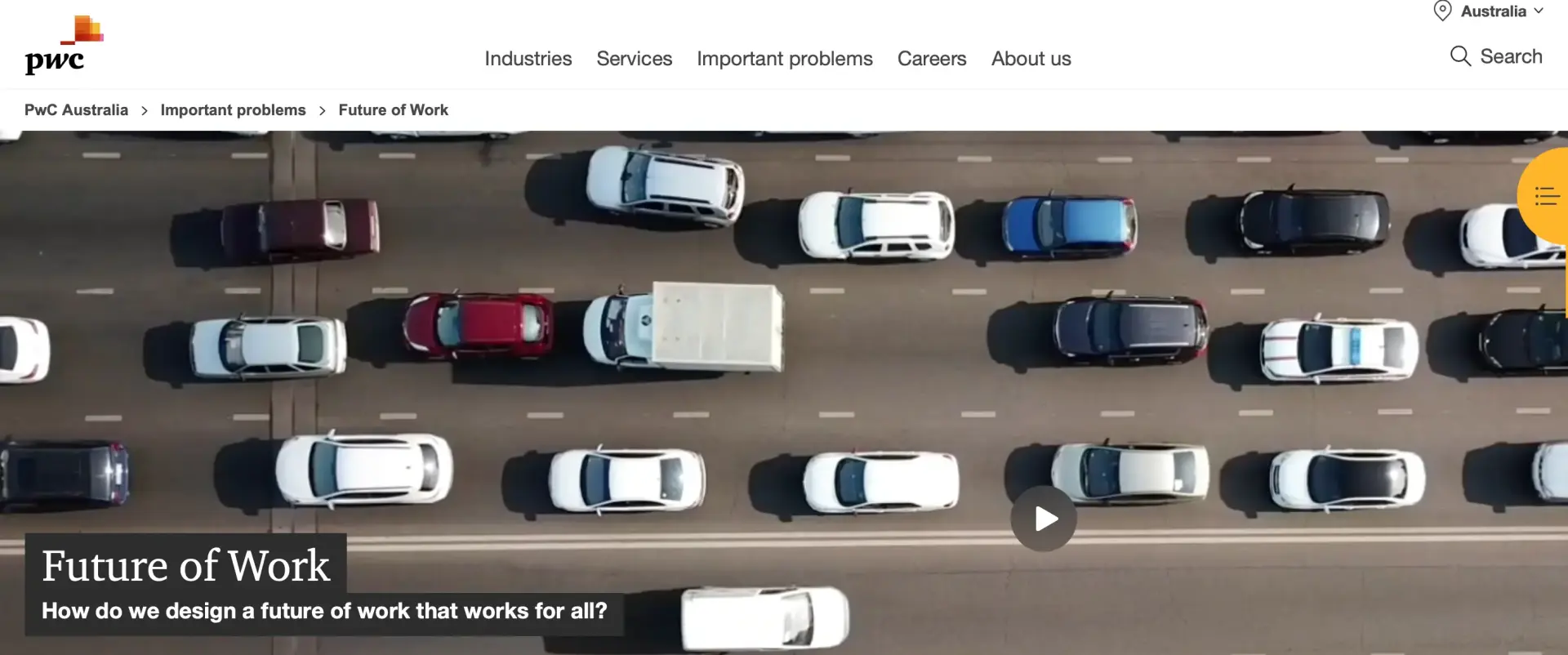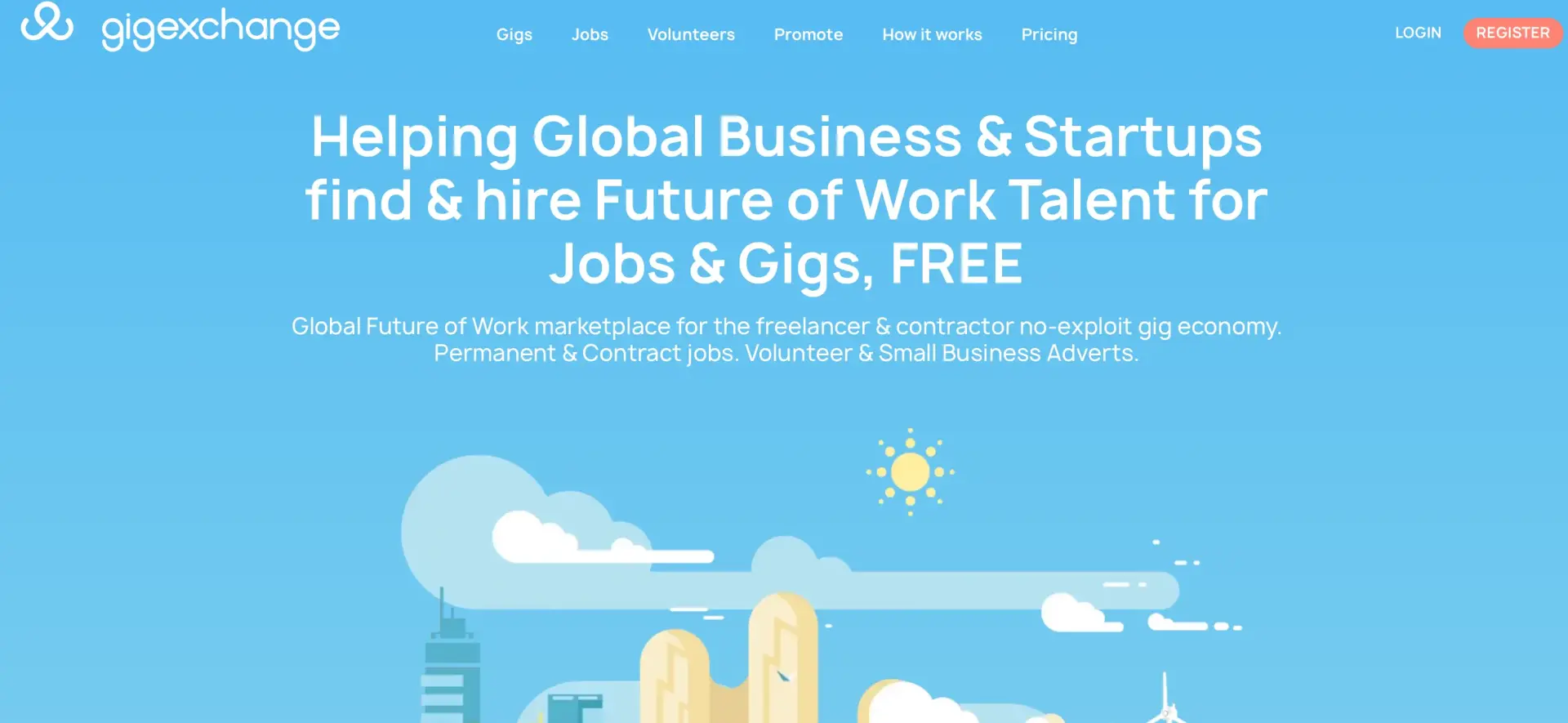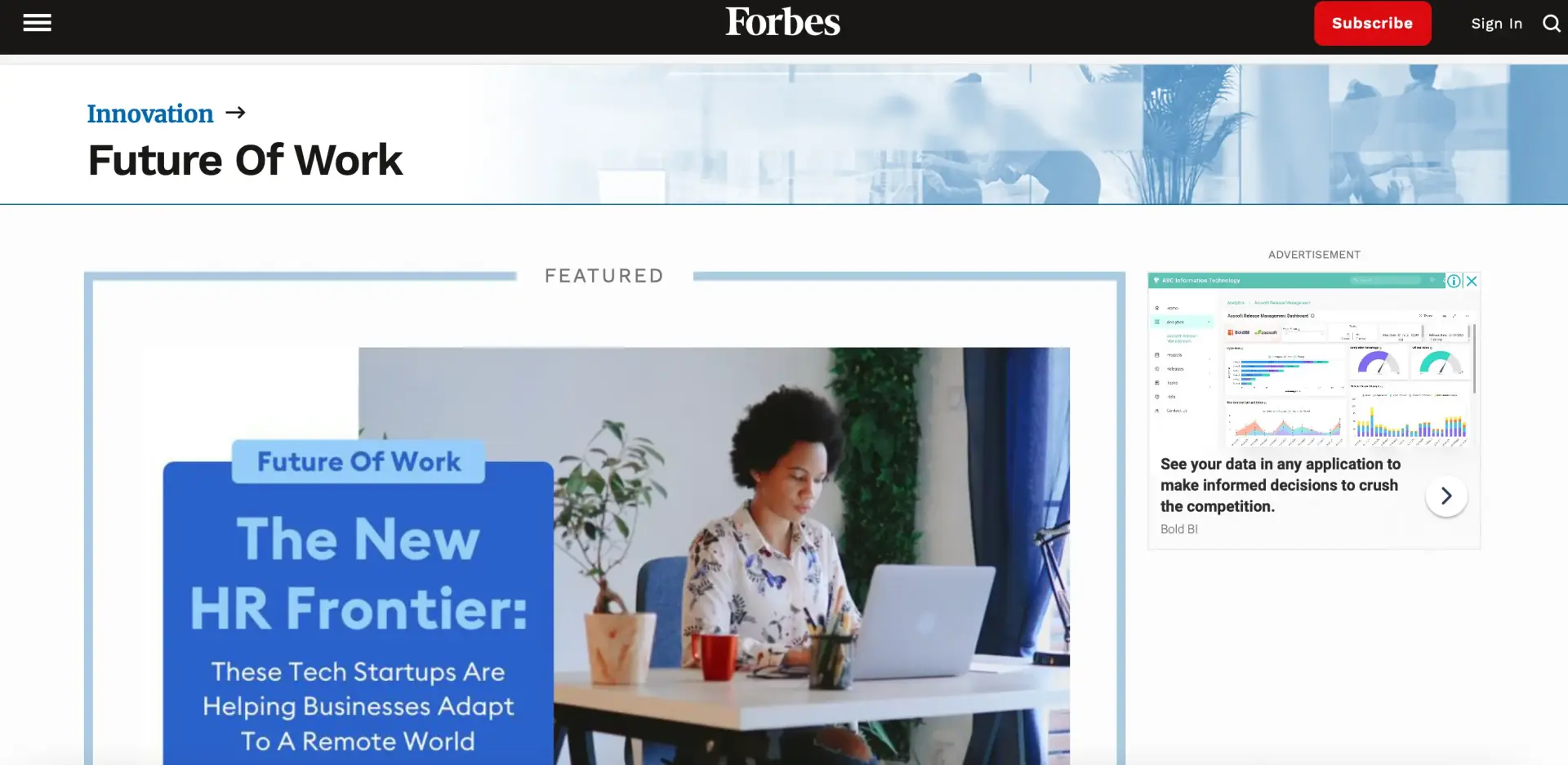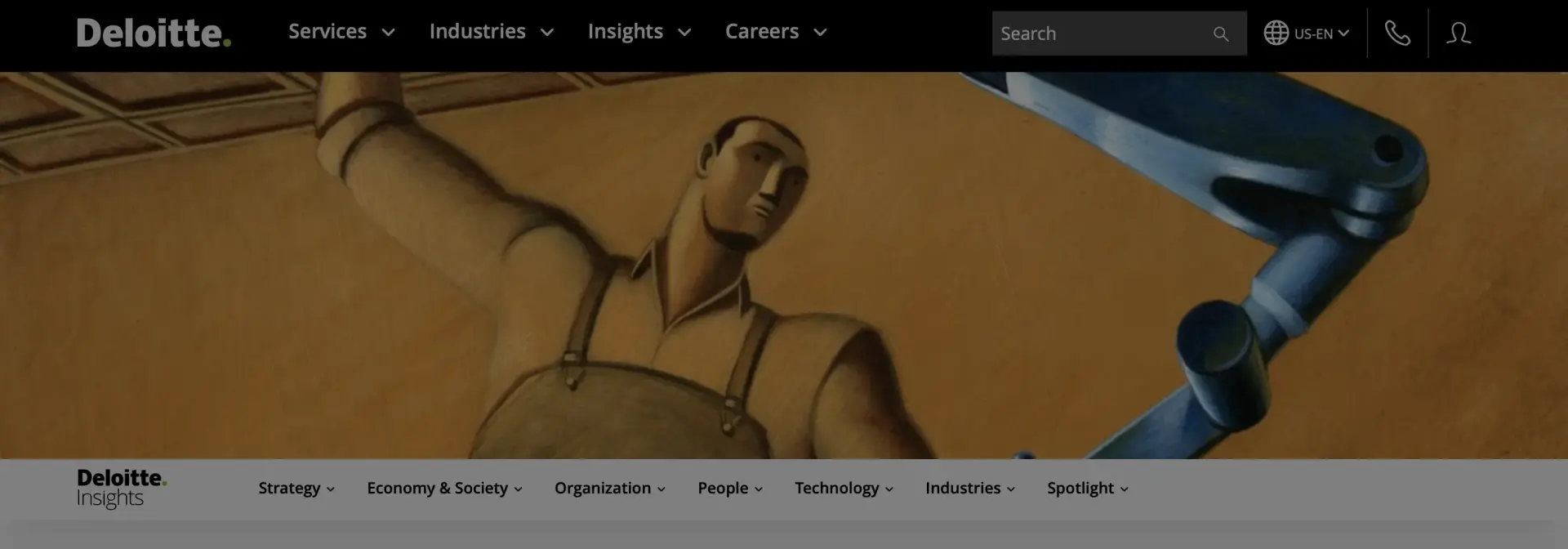What is the Future of Work?
The future of work is a combination of educational and philosophical forecasts of how work, workers and the workplace will evolve in the years ahead.
The Future of Work centres around what jobs and tasks will be redundant in the future. What skills will be essential in the future. What will be the workplace of the future. Where will employees work? In offices, at home, or a hybrid? How will automation and robotics impact the jobs of the future? How to reskill and knowledge share within organisations.
How are where to hire top talent. Will I need on-demand freelance talent occasionally via the gig economy for completion of certain tasks or projects? Will I need a mixture of expert contractors and consultants on fixed term contracts? How many permanent staff and workers will businesses need in the future?
So many questions associated with the Future of Work. We have collated all the valuable information and resources into one location for Future of Work enthusiasts to gain from
How will the rapidly changing IT landscape impact the Future of Work? Big data, cloud technologies, the internet of things, robots, automation, video, collaboration platforms, and other technologies are transforming how and where we work in an ever changing world.
How will this impact the Future of Work?
- Distributed. Humans are highly collaborative beings but how we do so is changing, fast. The covid pandemic showed how technology can enable distributed and collaborative teams across the internet, rather than in the office
- Job for life. Gone are the days when most workers spend their entire careers at the same company. Most careers for life are evaporating, such is the speed of change within jobs and roles and requirements. Change and Upskilling will be essential skills for workers in the future.
- Age of automation, the service economy has exploded, finding and hiring expert talent for on-demand gigs and permanent or contract jobs will still be essential in the future. Validation of workers reputation will be a vital component for any business in the future. Fortunately platforms such as gigexchange are solving all these problems.
